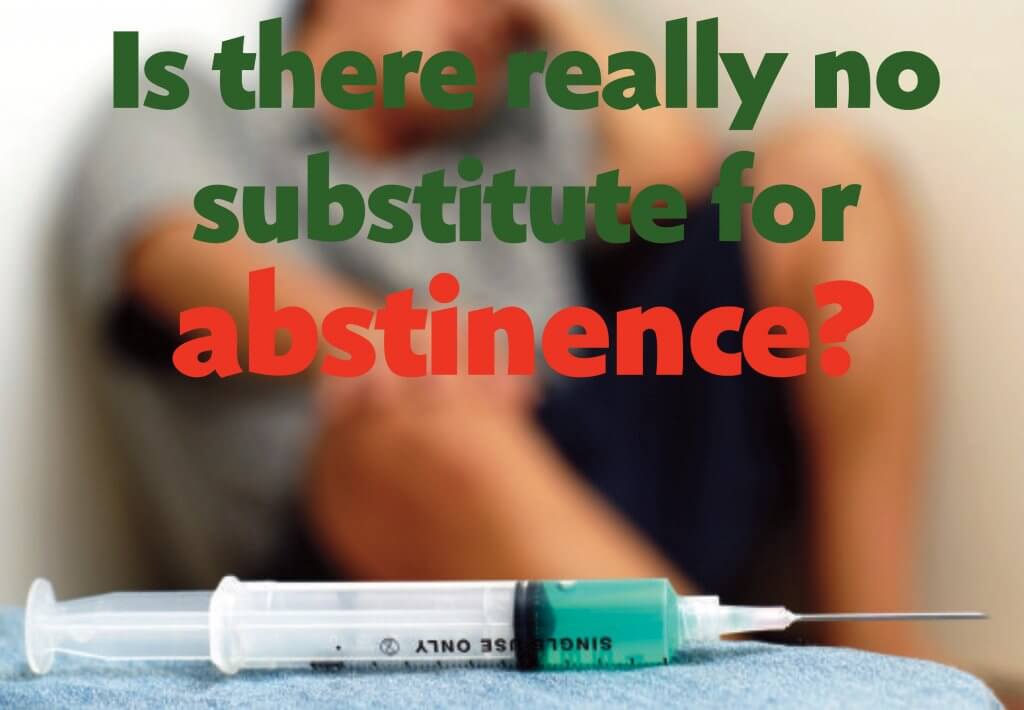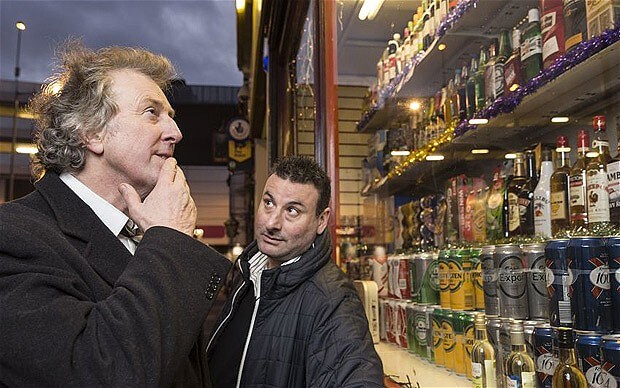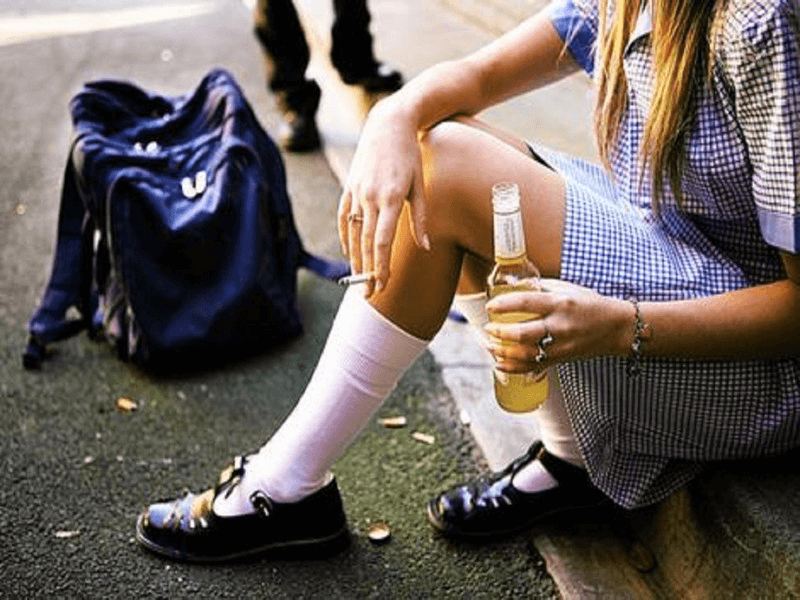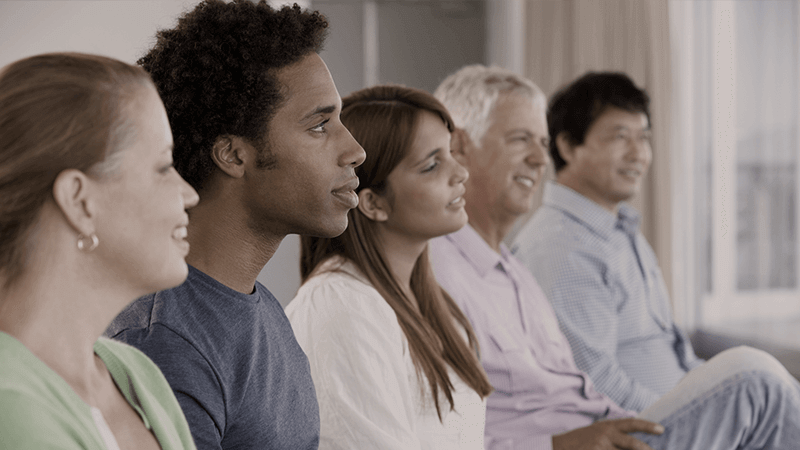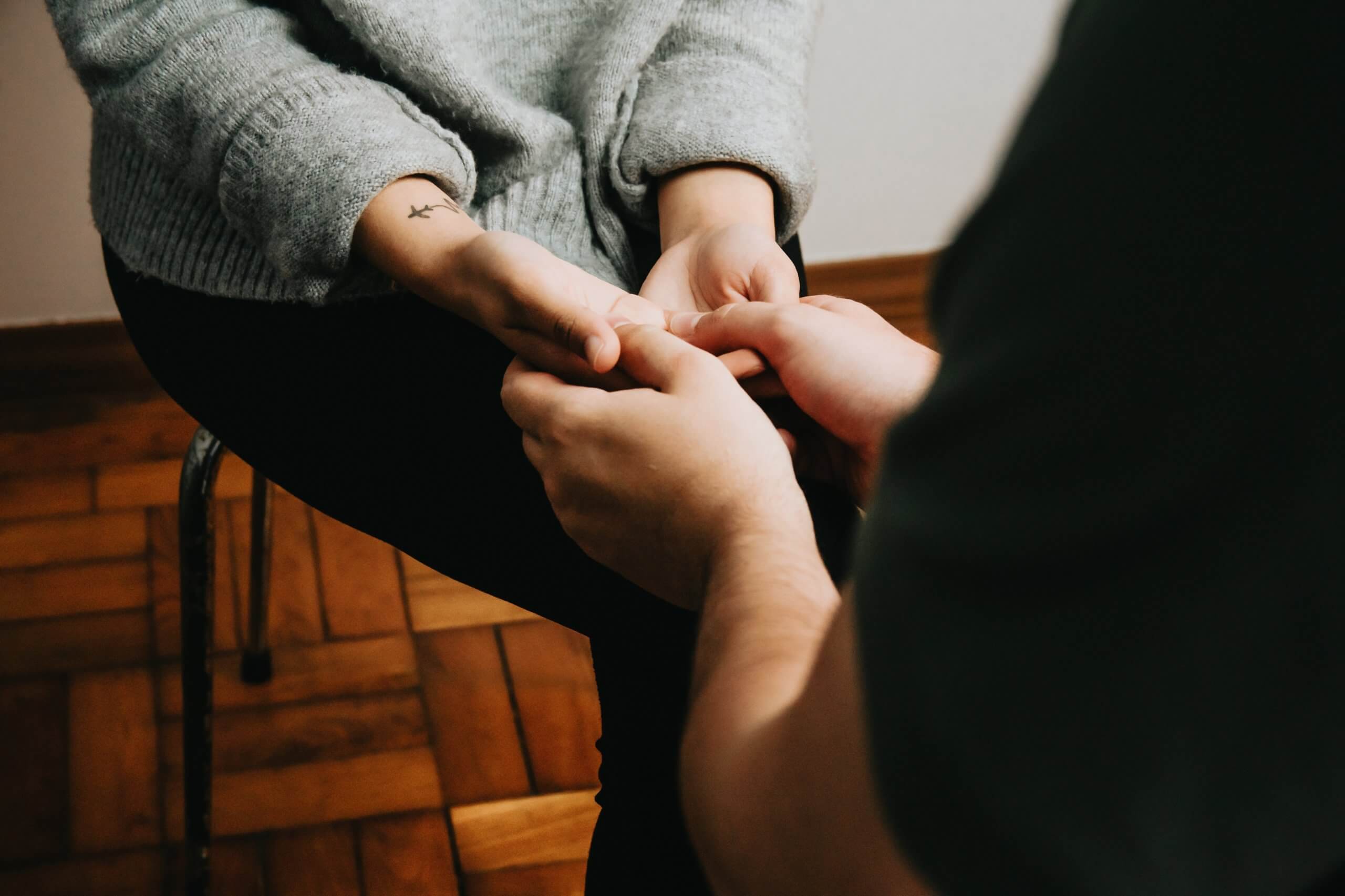[cs_content][cs_element_section _id=”1″ ][cs_element_row _id=”2″ ][cs_element_column _id=”3″ ][cs_element_image _id=”4″ ][cs_element_text _id=”5″ ][/cs_element_column][/cs_element_row][cs_element_row _id=”6″ ][cs_element_column _id=”7″ ][cs_element_gap _id=”8″ ][/cs_element_column][/cs_element_row][cs_element_row _id=”9″ ][cs_element_column _id=”10″ ][cs_element_text _id=”11″ ][cs_element_gap _id=”12″ ][/cs_element_column][/cs_element_row][cs_element_row _id=”13″ ][cs_element_column _id=”14″ ][cs_element_headline _id=”15″ ][cs_element_text _id=”16″ ][cs_element_gap _id=”17″ ][/cs_element_column][/cs_element_row][cs_element_row _id=”18″ ][cs_element_column _id=”19″ ][cs_element_text _id=”20″ ][cs_element_gap _id=”21″ ][/cs_element_column][/cs_element_row][cs_element_row _id=”22″ ][cs_element_column _id=”23″ ][cs_element_headline _id=”24″ ][cs_element_text _id=”25″ ][cs_element_gap _id=”26″ ][cs_element_text _id=”27″ ][cs_element_gap _id=”28″ ][/cs_element_column][/cs_element_row][cs_element_row _id=”29″ ][cs_element_column _id=”30″ ][cs_element_headline _id=”31″ ][cs_element_text _id=”32″ ][cs_element_gap _id=”33″ ][cs_element_text _id=”34″ ][cs_element_gap _id=”35″ ][/cs_element_column][/cs_element_row][cs_element_row _id=”36″ ][cs_element_column _id=”37″ ][cs_element_headline _id=”38″ ][cs_element_gap _id=”39″ ][cs_element_text _id=”40″ ][cs_element_gap _id=”41″ ][/cs_element_column][/cs_element_row][/cs_element_section][cs_element_section _id=”42″ ][cs_element_row _id=”43″ ][cs_element_column _id=”44″ ][cs_element_content_area _id=”45″ ][cs_element_gap _id=”46″ ][cs_element_content_area _id=”47″ ][/cs_element_column][cs_element_column _id=”48″ ][cs_element_image _id=”49″ ][cs_element_gap _id=”50″ ][cs_element_headline _id=”51″ ][cs_element_gap _id=”52″ ][cs_element_text _id=”53″ ][cs_element_gap _id=”54″ ][cs_element_button _id=”55″ ][/cs_element_column][cs_element_column _id=”56″ ][cs_element_image _id=”57″ ][cs_element_gap _id=”58″ ][cs_element_headline _id=”59″ ][cs_element_gap _id=”60″ ][cs_element_text _id=”61″ ][cs_element_gap _id=”62″ ][cs_element_button _id=”63″ ][/cs_element_column][/cs_element_row][/cs_element_section][cs_element_section _id=”64″ ][cs_element_row _id=”65″ ][cs_element_column _id=”66″ ][cs_element_global_block _id=”67″ ][/cs_element_column][/cs_element_row][/cs_element_section][/cs_content]

